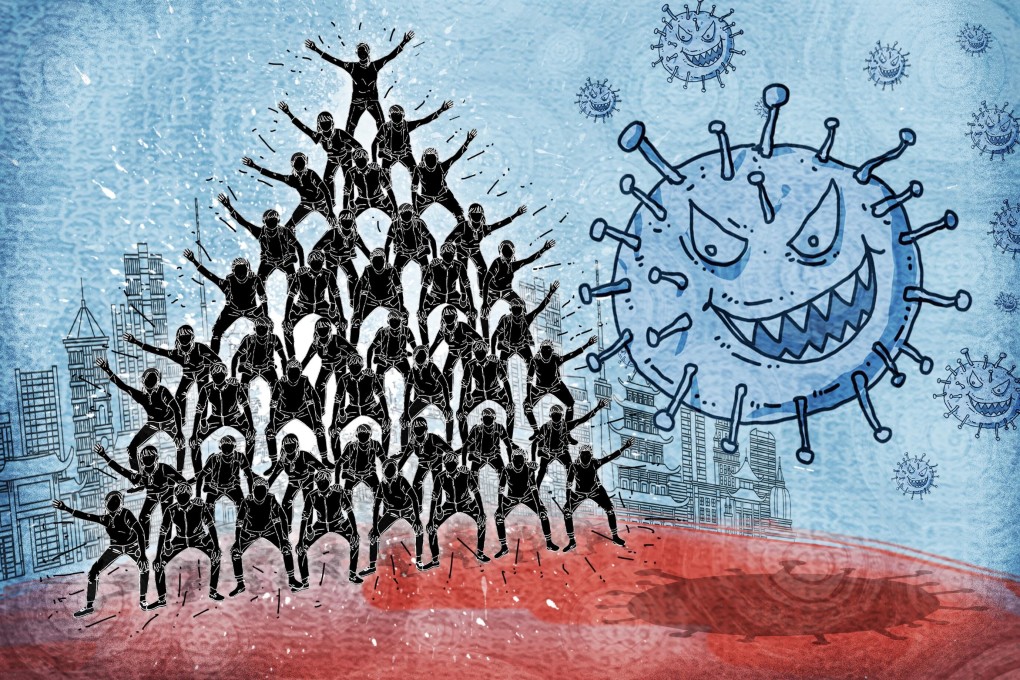When Wuhan went into lockdown, thousands of local heroes went into action
- Some of the volunteers who kept the Chinese city going in the early days of the coronavirus outbreak share their stories
- From driving health care workers and delivering supplies to keeping people fed, residents risked infection to help their neighbours

This is the latest story in our series on the Covid-19 pandemic, a year after the first cases were reported in the mainland city of Wuhan. It explores how the city’s residents helped each other survive the world’s first and largest lockdown in the fight against the disease. Please support us in our mission to bring you quality journalism.
He was sitting at home, contemplating a long period ahead with no income and his car left to sit idle, when an idea struck. Li realised he could still drive the car, just not for paying passengers. Instead, he could use it to help his neighbours.
Fresh groceries were a major issue for the 600 households in Li’s neighbourhood. They were dependent on government-allocated vegetables, which were not always in prime condition. Li got together with about a dozen neighbours and organised a solution.
Keeping within the lockdown rules, the group divided responsibilities, with some taking orders through the neighbourhood’s WeChat group while others did the shopping, using Li’s taxi to deliver groceries to an open space where they were sorted for delivery or collection.
Li dismisses his altruism as trivial, but Wuhan’s 11 million residents survived the 76-day lockdown thanks to the large network of volunteers like him which mushroomed in response to the chaotic early days of the world’s longest and strictest city shutdown.
The volunteers were loosely connected, usually through WeChat groups, but risked exposure to the virus while shouldering huge responsibilities – distributing groceries, transporting health care workers, guarding neighbourhoods and supplying medical goods which were in acute shortage at the start of the outbreak.